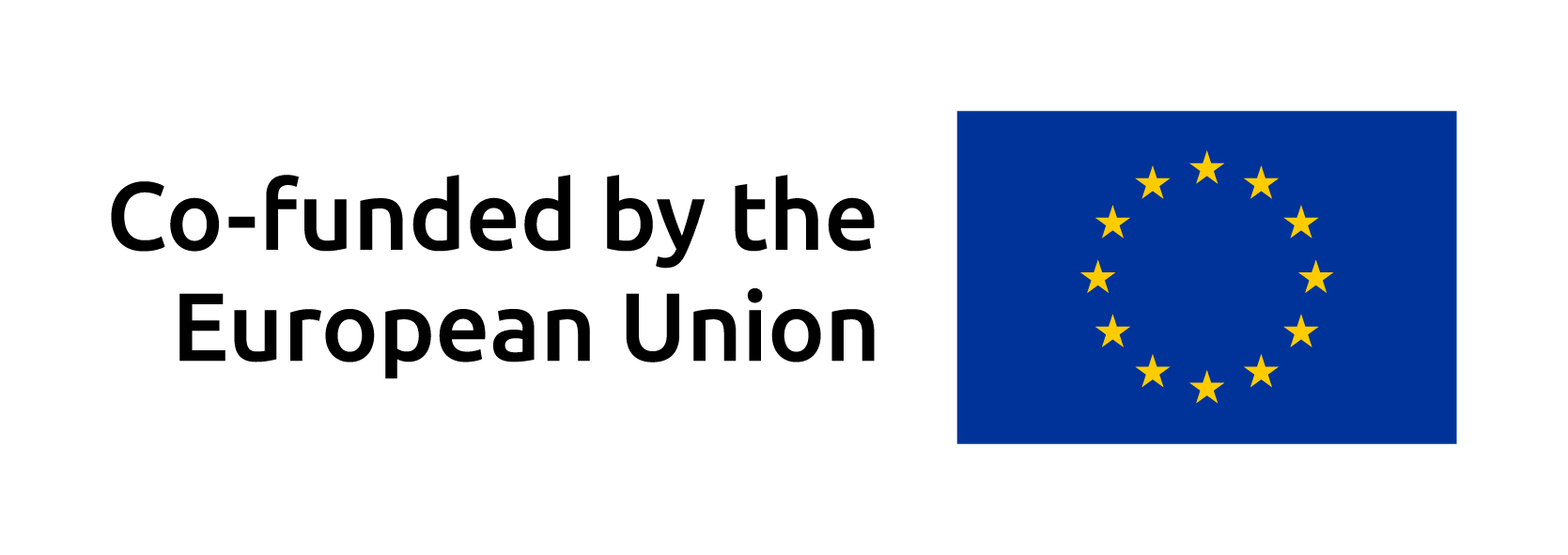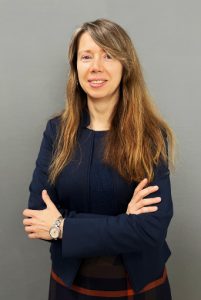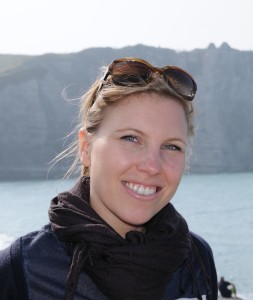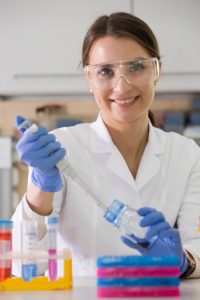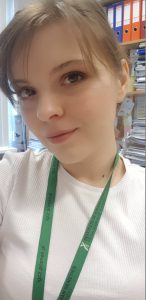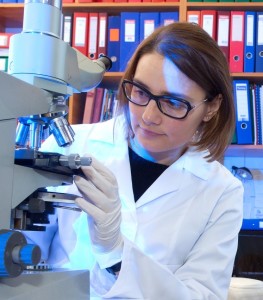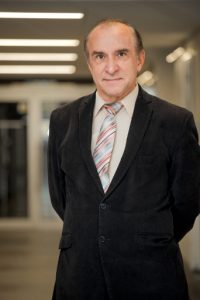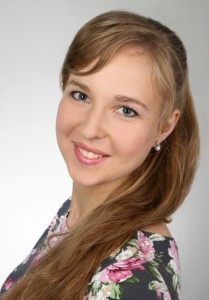Dr. Marta Olszewska defended her M.Sc., Eng. thesis in ‘Biotechnology’ at Poznan University of Life Sciences in 2006. Since 2004 in Department of Reproductive Biology and Stem Cells. She received her Ph.D. in the field of medical biology in 2014 (Institute of Human Genetics, Polish Academy of Sciences, Poznan), and now works as Assistant Professor. Her scientific interests concern: cytogenetics of male infertility, including chromosome aberrations in human spermatozoa, searching for mutations responsible for decreased sperm count (incl. mouse models) and also epigenetics of male germ cells.
Since VI 2025 Head of the Independent Research Group of Sperm Genetics
previously as: Research Team of Sperm Genetics (X 2021-V 2025)
Currently, the Group implements the research tasks following genomic, epigenenomic and cytogenetic aspects of human spermatozoa from males with reproductive failures, followed also by activity in genomic screening of causative variants and mouse experimental models.
more -> Link: Independent Research Group of Sperm Genetics
Realized grant projects:
- National Science Centre, OPUS no. 2024/53/B/NZ5/02183 (2025-2029) Spatial visual transcriptomics approach of male and female gonad – validation of the role of candidate infertility genes in ‘knockou’ mice models (principal investigator, co-author)
- Ministry of Science and Higher Education, program: Science for Society II, no. NdS-II/SP/0288/2024/01 (2024-2027)
Searching for the causes of male infertility – high-throughput genomic study of the Polish population (principal investigator, co-author)The aim of the project is to create a database of genomic variants important for infertile men from the Polish population. It will be achieved by compiling molecular biology methods, including the latest methods of high-throughput genome research: whole genome sequencing (WGS), whole genome methylome sequencing (WGMS), followed by verification of results at the protein level. The research will be conducted on a group of 100 infertile men with reduced semen parameters and normal karyotype. The proposed research postulates a prospective method of diagnosing patients with reproductive failures, which in terms of ‘for the patient’ will allow for receiving a personalized diagnosis with an estimate of the risk of reproductive failures, and from the ‘scientific’ side will contribute to the identification of new genetic variants responsible for the so-called male factor.
Funding agency: Ministry of Science and Higher Education
Programm: Science for Society II
No.: NdS-II/SP/0288/2024/01
Schedule: 13.06.2024 – 13.06.2027
Financial support: 1 000 000 PLN
Principal Investigator: dr hab. Marta Olszewska
Main Investigator: dr Agnieszka Malcher
www: http://www.nieplodnosc-meska.pl

- National Science Centre, SONATA BIS no. 2020/38/E/NZ2/00134(2021-2026) Cytogenetic and molecular analyses of positioning of human sperm chromosomes, including: sperm chromatin integrity, epigenetic marks, karyotyping and sperm fractioning (principal investigator, author)
- National Science Centre, OPUS no. 2020/37/B/NZ5/00549(2021-2025) Systematic genomic search for novel genes/variants in consanguineous families including males with reproductive failure (main investigator, co-author)
- National Science Centre, SONATA no. 2015/17/D/NZ5/03442(2016-2019) Analysis of DNA methylation pattern in spermatozoa of infertile men with oligozoospermia (principal investigator, author)
- National Science Centre, OPUS no. 2015/17/B/NZ2/01157(2016-2019) Searching for novel genes essential for human oligo- and azoospermia – mouse ‘knockout’ model (main investigator, main author)
- National Science Centre, OPUS no. 2011/01/B/NZ2/04819(2011-2014) Complex cytogenetic and molecular analysis of male germline cells from chromosome translocation (CT) carriers with reproduction failure (main investigator, main author)
- Ministry of Science and Higher Education, no. NN401376339(2010-2013) Topology of the chromosomes in spermatozoa from men with disturbed spermatogenesis (main investigator)
- National Centre of Research and Development, no. R1306606(2009-2012) Partners’ infertility – identification of the reasons on molecular level, as a basis for preventic alghoritms creation (investigator)
- Ministry of Science and Higher Education, no. NN401 097937(2009-2013) Positioning of the chromosomes in differentiating myogenic stem cell (investigator)
- Ministry of Science and Higher Education, no. N40703432/1371(2007-2009) Analysis of RCT carriers’ pedigrees including paternal sperm karyotypes; evaluation of Polish and Ukrainian RCT carriers with reproductive failure (investigator)
Co-author of >70 conference communications
Member of scientific organizations:
European Cytogeneticists Association (ECA)
Polish Society of Andrology (PTA)
Polish Society of Human Genetics (PTGC)
Society for Biology of Reproduction (TBR)
Polish Laboratory Animal Science Association (PolLASA)
Expert/reviewer: NAWA, FNP, NCBiR, ABM, SB Łukasiewicz
Academic Editor: J Assist Reprod Genet, Hum Mutat, Andrologia, Open Med


